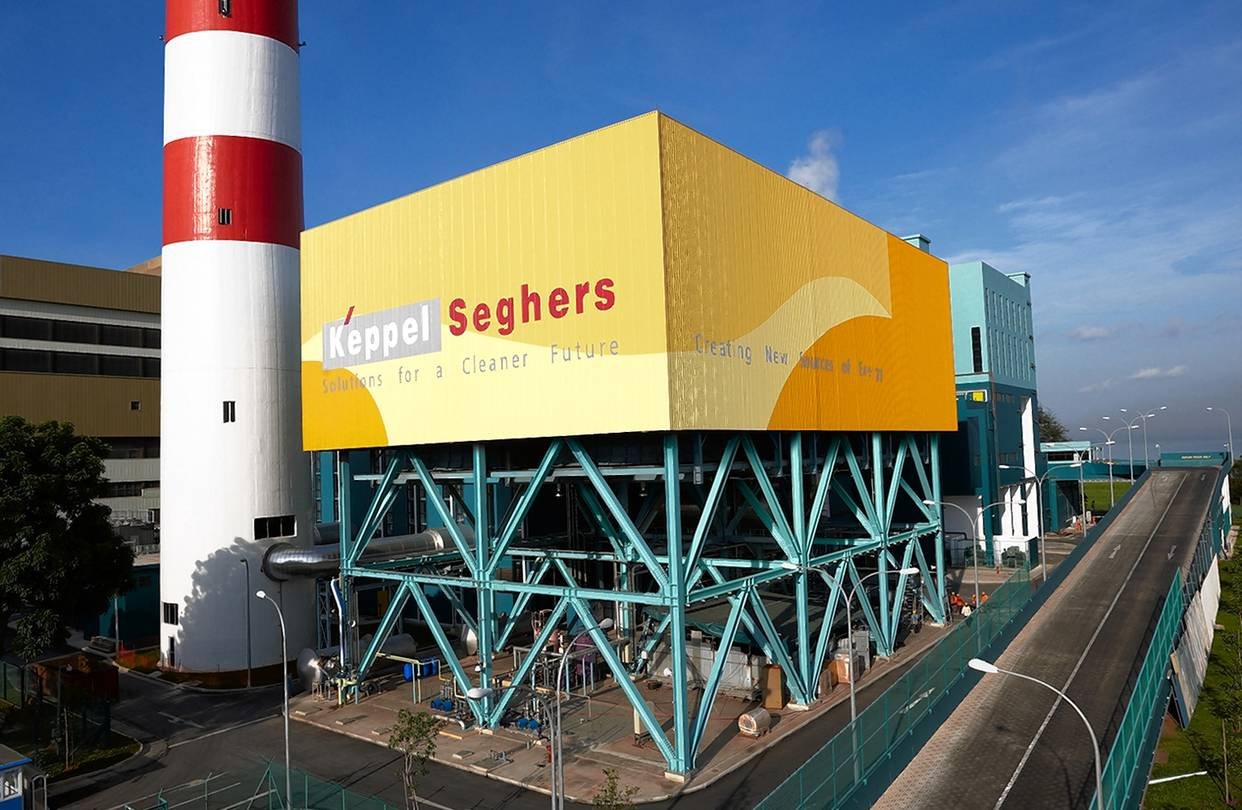
- calendar_month September 22, 2024
Singapore is often recognized for its cleanliness, innovative infrastructure, and rapid development, but one of the city-state’s most impressive feats is its dedication to sustainability. Known as one of the most eco-friendly countries in the world, Singapore has taken recycling to an extraordinary level, implementing innovative waste management and recycling initiatives that have earned it the reputation of being a global leader in sustainability. But what makes Singapore the "recycling country of the world"?
A Zero-Waste Vision
Singapore's government has set ambitious goals for its future: to become a Zero Waste Nation. The country is acutely aware of its limited land space and the need to reduce landfill use. The only landfill in Singapore, Pulau Semakau, is projected to be full by 2035, so finding effective solutions to minimize waste is critical.
To achieve this, Singapore has adopted the Zero Waste Masterplan, which aims to reduce waste sent to the landfill by 30% by 2030. Recycling is at the core of this plan, and the government has introduced numerous measures to encourage individuals and businesses to play their part.
Extensive Recycling Programs
Singapore’s recycling programs are among the most advanced in the world. Here’s how the nation is tackling waste and recycling at different levels:
-
National Recycling Program (NRP): Launched in 2001, the National Recycling Program provides every household in Singapore with access to recycling bins and regular collection services. Blue bins are placed in residential areas for convenient collection of recyclables such as paper, plastic, glass, and metal.
-
E-Waste Recycling: In recent years, Singapore has also made significant strides in e-waste recycling. The government has introduced programs that encourage residents to dispose of electronic waste responsibly. From old phones and laptops to household appliances, e-waste collection points are now available across the city-state. These efforts ensure that hazardous materials are safely processed, while valuable components like metals and plastics are recovered.
-
Food Waste Management: With limited land for agriculture, Singapore places great emphasis on reducing food waste. The government is working to encourage businesses to adopt sustainable food practices, and food waste recycling initiatives are being tested and rolled out. For example, food waste can be turned into fertilizers or even biogas to power electricity.
Waste-to-Energy Plants
One of Singapore’s most groundbreaking approaches to waste management is its use of waste-to-energy (WTE) technology. The country has built several WTE plants that incinerate non-recyclable waste, converting it into energy that helps power homes and businesses. This process significantly reduces the volume of waste that needs to be sent to the landfill, while generating renewable energy for the city.
The ash produced by these plants is sent to Pulau Semakau, Singapore’s offshore landfill, but it takes up far less space than raw waste would. Meanwhile, the electricity generated from the WTE plants provides a sustainable energy source, reducing the country’s reliance on fossil fuels.
Green Buildings and Urban Planning
In addition to recycling and waste management, Singapore is a pioneer in sustainable urban development. The country has incorporated green building standards and eco-friendly infrastructure in its urban planning. Green roofs, energy-efficient buildings, and water recycling systems are just a few of the ways Singapore integrates sustainability into its urban fabric. The Marina Barrage, for example, is a showcase of how water can be recycled for use in the city while also doubling as a recreational space for residents.
Public Engagement and Education
Singapore's success in recycling and sustainability wouldn’t be possible without the participation of its people. The government has launched numerous public education campaigns to inform citizens about the importance of recycling and proper waste disposal. This includes schools, where students are taught about sustainability from a young age, and public awareness campaigns that encourage residents to sort their waste, use recycling bins properly, and reduce their consumption.
In 2019, the Resource Sustainability Act was passed, requiring businesses to report their waste output and increase their efforts in recycling and sustainability. The act also includes measures to increase public participation in recycling programs, making it easier for everyone to play a part.
Circular Economy Vision
Ultimately, Singapore’s vision is to move towards a circular economy, where resources are reused and recycled as much as possible. By keeping products and materials in use for longer and minimizing waste, Singapore aims to create a more sustainable future. This means fostering a mindset where everything is viewed as a resource, and waste is minimized at every stage of the production and consumption process.
A Model for the World
Singapore's dedication to recycling and waste management is nothing short of impressive. Through its innovative policies, advanced infrastructure, and public engagement efforts, the country has earned its reputation as the "recycling country of the world." By setting ambitious goals for a zero-waste future, Singapore serves as a model for other nations looking to tackle the global waste crisis.
In a world grappling with environmental challenges, Singapore proves that with the right planning, innovation, and public participation, it is possible to create a sustainable future where waste is minimized, and resources are used responsibly.
